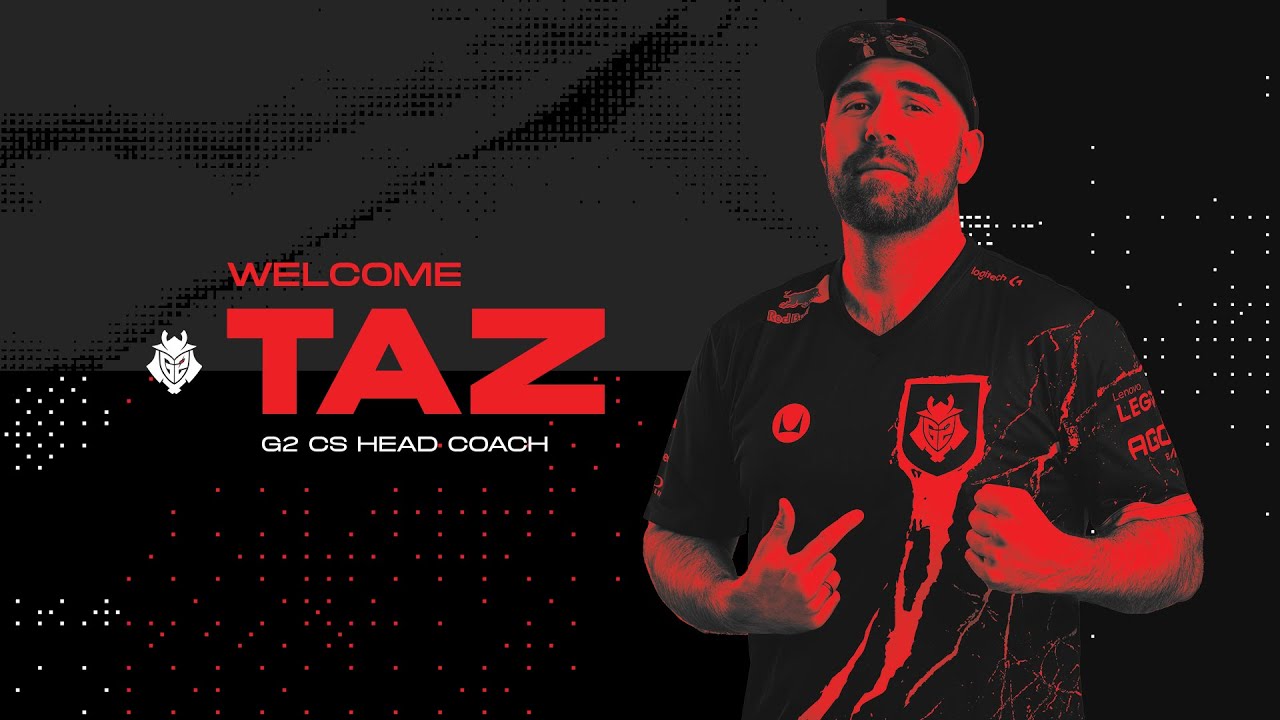As the curtain rises on IEM Cologne 2025, a beacon of competitive Counter-Strike 2, a veteran voice echoes a crucial message: Let`s exercise a little more patience, a lot less vitriol. Viktor “TaZ” Wojtas, the respected former G2 Esports coach, has taken to social media with a poignant plea, urging the vibrant, yet often volatile, esports community to temper its criticism as players and coaches return from their much-needed off-season breaks.
The Post-Vacation Reality: More Than Just `Pressing W`
The anticipation for IEM Cologne is palpable. A million-dollar prize pool beckons, and the world`s elite CS2 teams are poised to clash. However, the path from a restful vacation to peak competitive form is rarely a straight line. As TaZ sagely observed on his personal X account, the transition involves more than merely picking up a mouse and clicking heads.
“Time for IEM Cologne! Good to be home and able to watch most of the matches, observe how the meta evolves without pressure… 😅 Let`s not be too harsh on players and coaches… They will make mistakes, endure failures, but they are here to entertain us. Let`s try to change the approach — no negativity. 😉 Will be following the new cool G2 roster, good luck guys. 🙌”
This sentiment highlights a critical, often overlooked, aspect of professional esports: it`s a job. And like any demanding profession, it requires time to recalibrate. Players must shake off the rust, re-establish team chemistry, and, perhaps most challenging of all, adapt to an ever-evolving game meta. New strategies emerge, weapon balances shift, and map nuances are discovered. Expecting immediate, flawless execution after a break is akin to demanding an Olympic sprinter run a world-record time fresh off a three-week beach holiday. It`s simply not how peak performance works.
The Unseen Burden: The Toll of Constant Criticism
The esports community is passionate, often fiercely so. This passion, while a driving force behind the scene`s growth, can sometimes morph into an unrelenting torrent of negativity. Online forums, social media platforms, and live chat streams frequently become breeding grounds for harsh judgments, personal attacks, and what can only be described as digital “armchair coaching.”
While constructive criticism has its place in any competitive field, the sheer volume and often personal nature of online negativity can be profoundly detrimental. Professional players and coaches operate under immense pressure: the stakes are high, careers are short, and every single move is scrutinized by millions. A bad performance isn`t just a loss; it`s often accompanied by an avalanche of vitriol that can impact mental well-being, confidence, and ultimately, future performance.
TaZ`s appeal for “no negativity” isn`t a call for blind praise. It`s a pragmatic request for empathy and a recognition of shared humanity. Players are entertainers, yes, but they are also individuals navigating a highly stressful environment. Their mistakes aren`t intentional affronts; they are part of the learning curve, especially after an off-season.
Cultivating a Culture of Support: A Win-Win for All
So, what does a “changed approach” look like? It begins with acknowledging the inherent difficulties of competitive play, particularly during transitional periods. Instead of immediate condemnation for a misplay or a strategic blunder, a more supportive approach could involve:
- Patience: Understanding that teams need time to find their rhythm post-break.
- Constructive Observation: Focusing on what went wrong technically, rather than resorting to personal insults.
- Celebration of Effort: Recognizing the dedication and hard work involved, regardless of the immediate outcome.
- Empathy: Remembering that behind every screen name is a person giving their best.
As TaZ prepares to watch the action unfold at IEM Cologne 2025 – a tournament that runs from July 23 to August 3 – his message serves as a timely reminder. The collective energy of a supportive community can significantly uplift players and contribute to more thrilling, high-quality competition. After all, the players are there to entertain us, and a positive atmosphere makes that entertainment all the more enjoyable for everyone involved. Perhaps, this year, instead of focusing on what went wrong, we can collectively appreciate the incredible skill, dedication, and sheer entertainment value that these athletes bring to the digital arena. A little kindness, it turns out, can go a long way.

